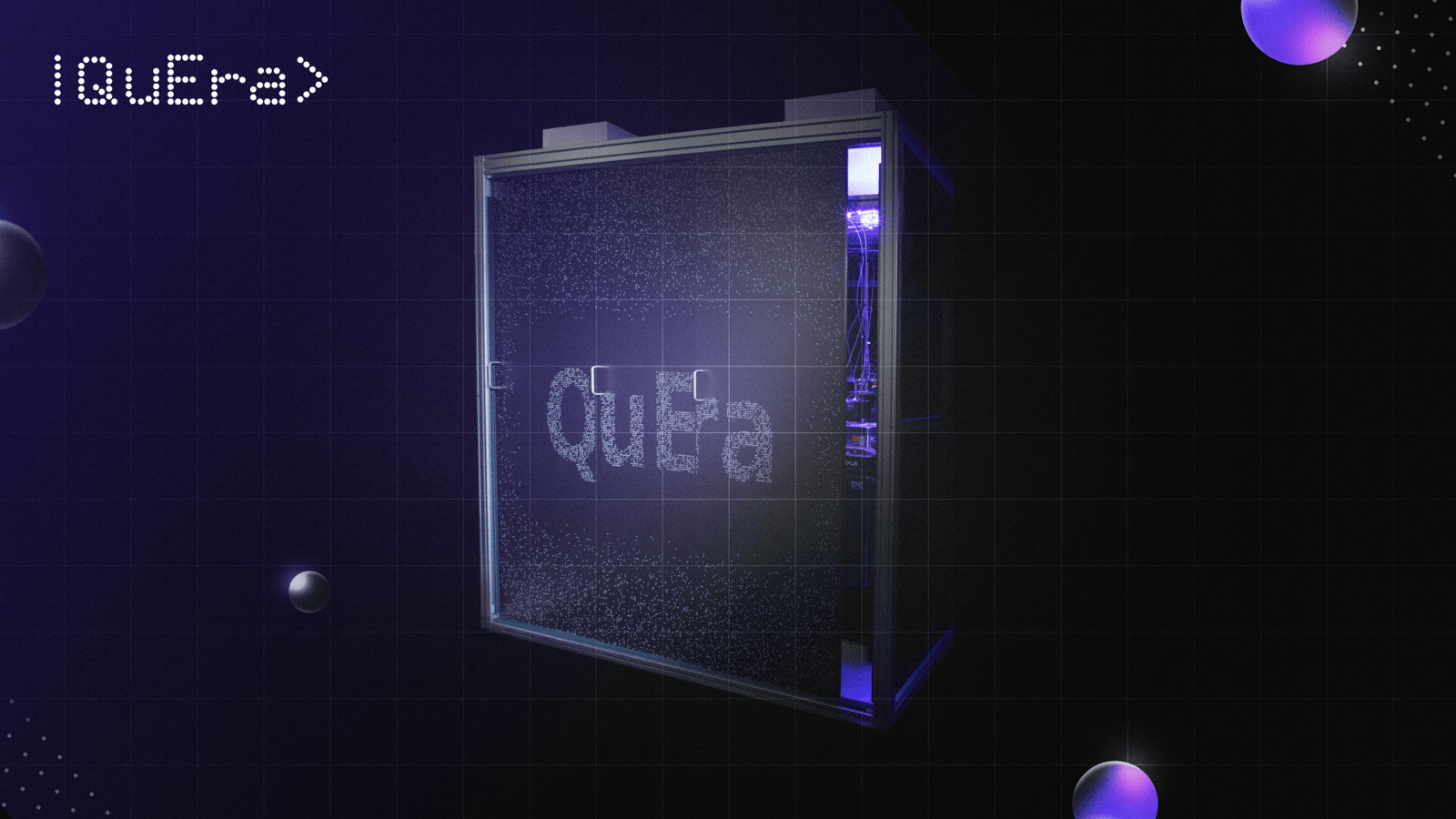Researchers have achieved a major breakthrough in the field of quantum computing, building a device with the largest ever number of logical qubits. This development marks a significant step towards realizing the potential of quantum computers for tackling complex problems beyond the reach of classical machines.
Key Highlights:
- Record-breaking logical qubit count: The new device, developed at Harvard University, boasts 25 logical qubits, surpassing the previous record of 6.
- Error-free calculations: Logical qubits are less susceptible to errors than traditional qubits, paving the way for more accurate and reliable quantum computations.
- Potential applications: This technology holds promise for revolutionizing various fields, including materials science, drug discovery, and financial modeling.

Understanding Logical Qubits:
Unlike standard qubits, which can only be in a state of 0 or 1, logical qubits are groups of physical qubits entangled together. This entanglement makes them more resilient to errors, which are a major hurdle in quantum computing. By building a device with a large number of logical qubits, researchers are inching closer to achieving fault-tolerant quantum computation, a state where calculations are free from errors.
Significance of the Achievement:
The ability to perform error-free calculations is crucial for unlocking the full potential of quantum computers. While existing quantum devices are capable of solving certain problems, their error-prone nature limits their practical applications. This new development offers a promising path toward overcoming this barrier and making quantum computing a reality.
Challenges and Future Prospects:
Despite the significant progress, researchers still face several challenges. Scaling up the number of logical qubits while maintaining coherence and error correction remains a major obstacle. Additionally, developing practical algorithms and applications for fault-tolerant quantum computers is an ongoing effort.
The Power of Error-Resistant Qubits:
While traditional qubits behave like simple switches, either on or off (0 or 1), logical qubits are a different breed altogether. Imagine a network of these traditional switches, intricately entangled and acting in unison. This is the essence of a logical qubit. This entanglement grants them exceptional resilience against errors, a major hurdle in the path of mainstream quantum computing.
Experts Weigh In:
Jeff Thompson, a researcher at Princeton University, commented on the breakthrough, stating: “This is an exciting development that demonstrates the feasibility of building large-scale quantum computers with error correction. It will be interesting to see how this technology evolves and how it can be applied to solve real-world problems.”
Looking ahead, the achievement serves as a crucial milestone in the race to build functional quantum computers. With continued research and development, this technology has the potential to revolutionize various industries and solve previously intractable problems.



























